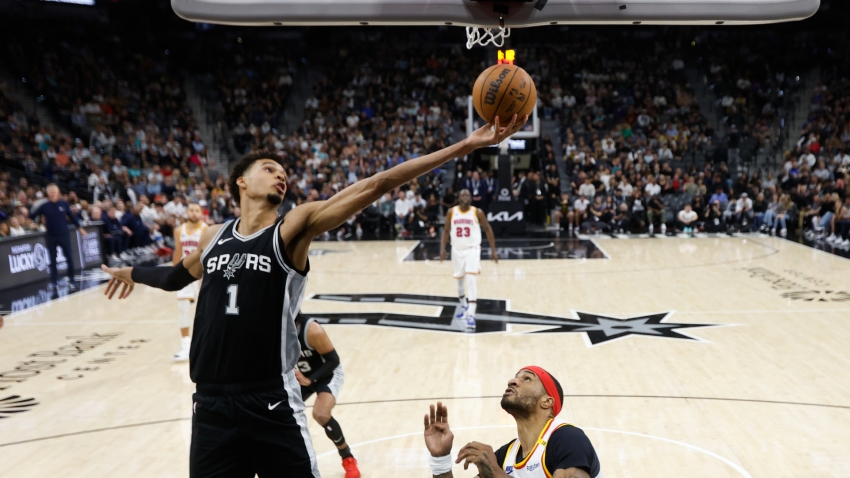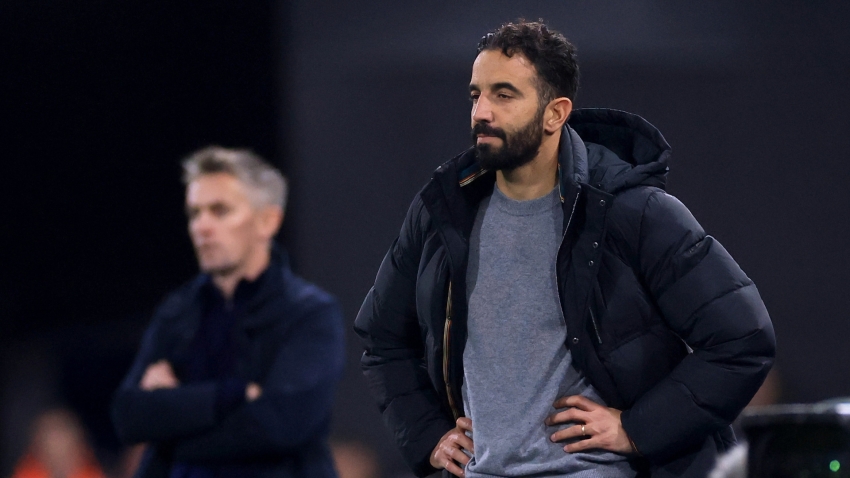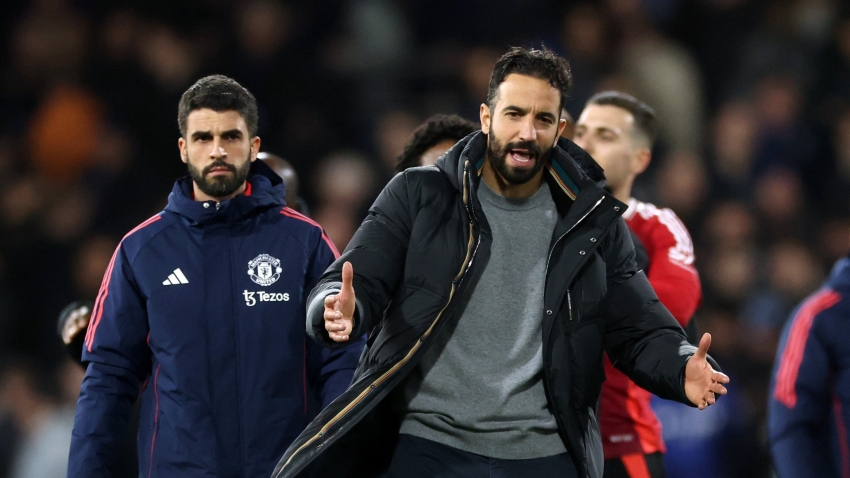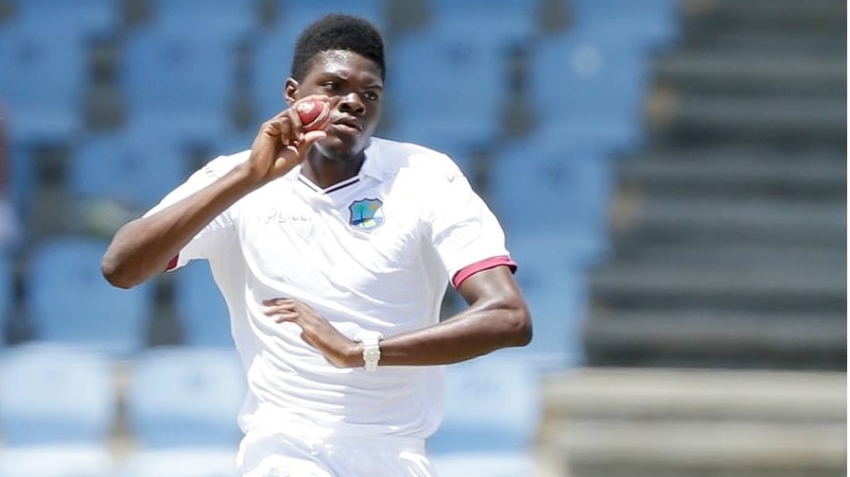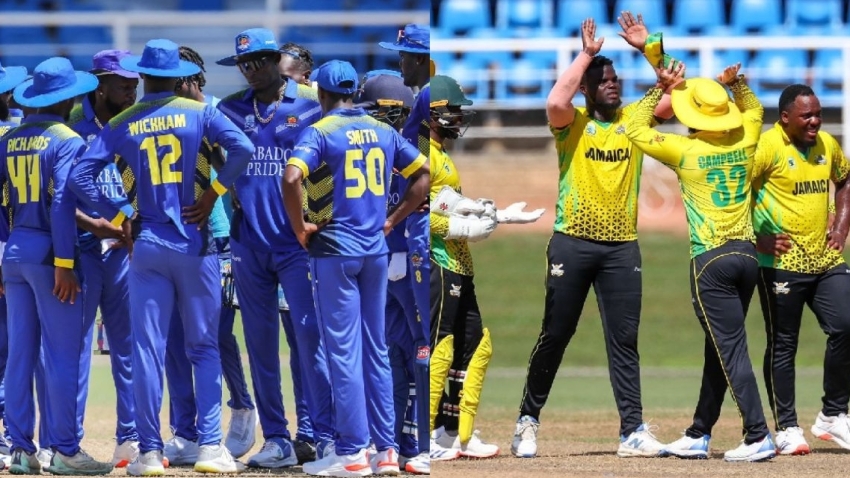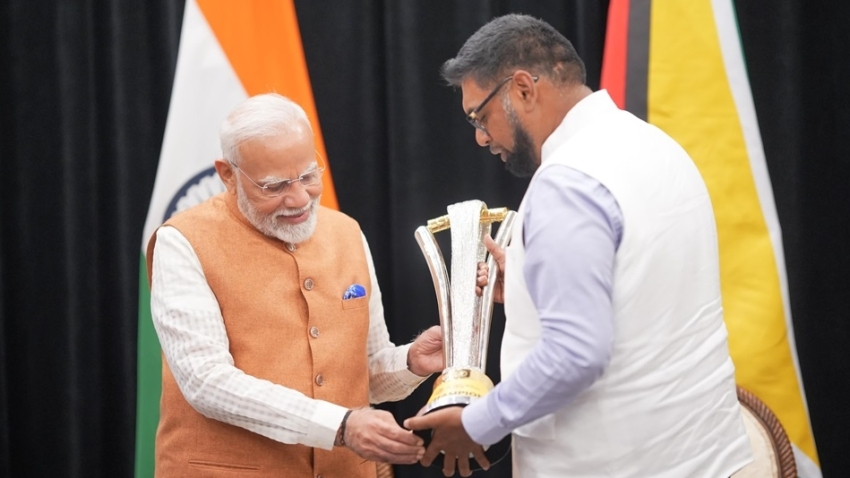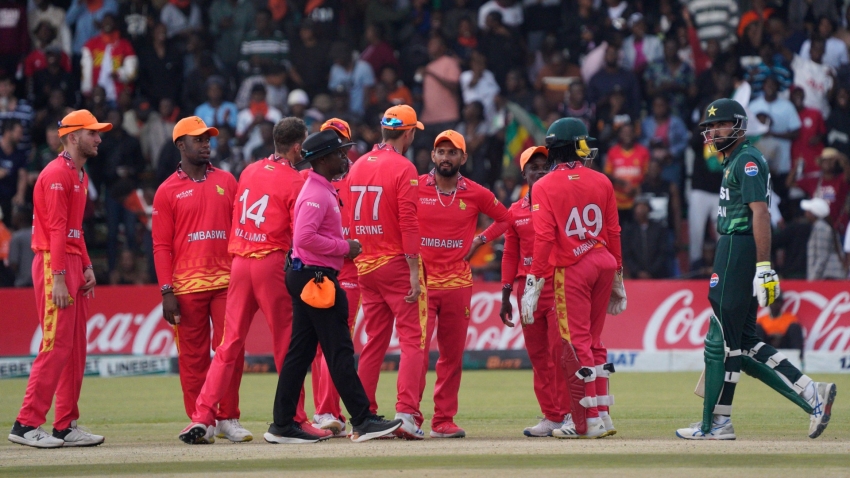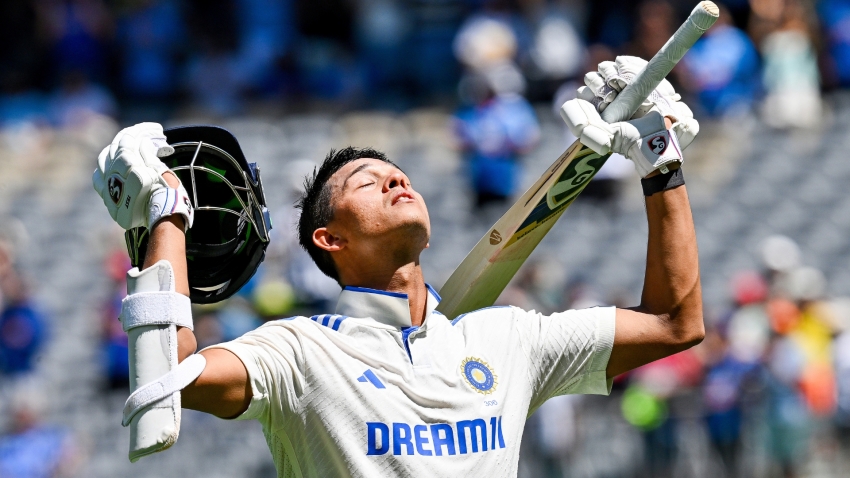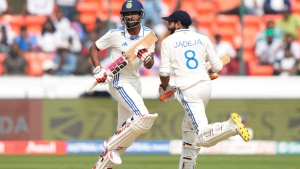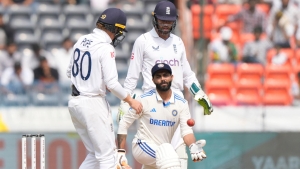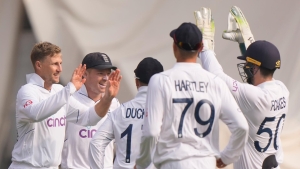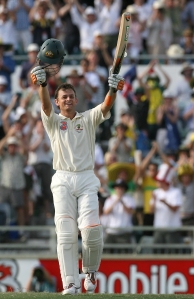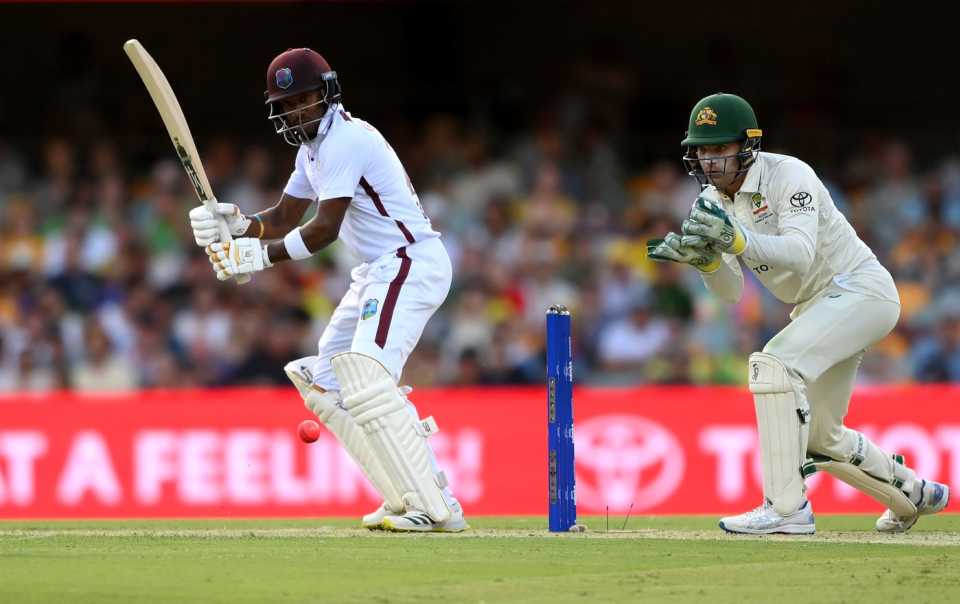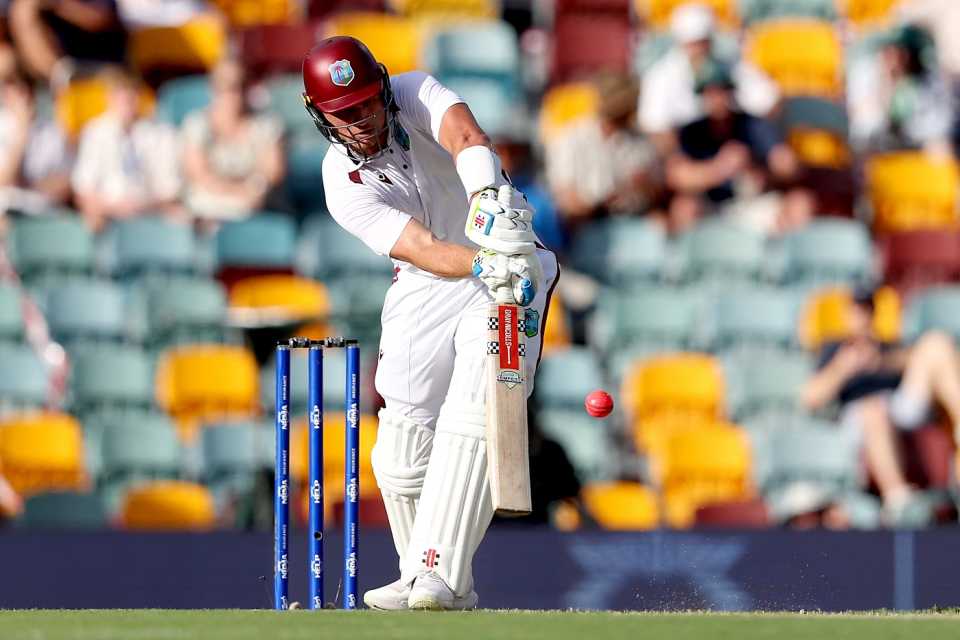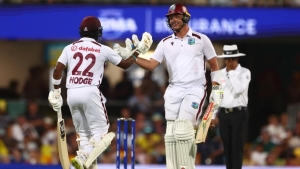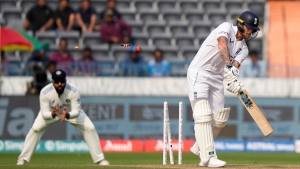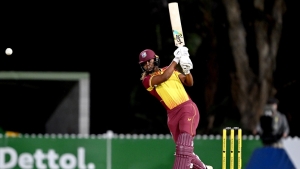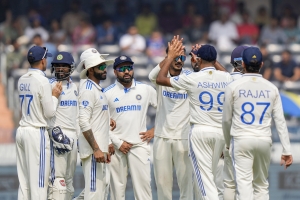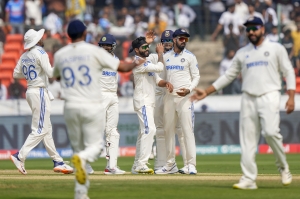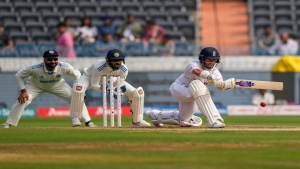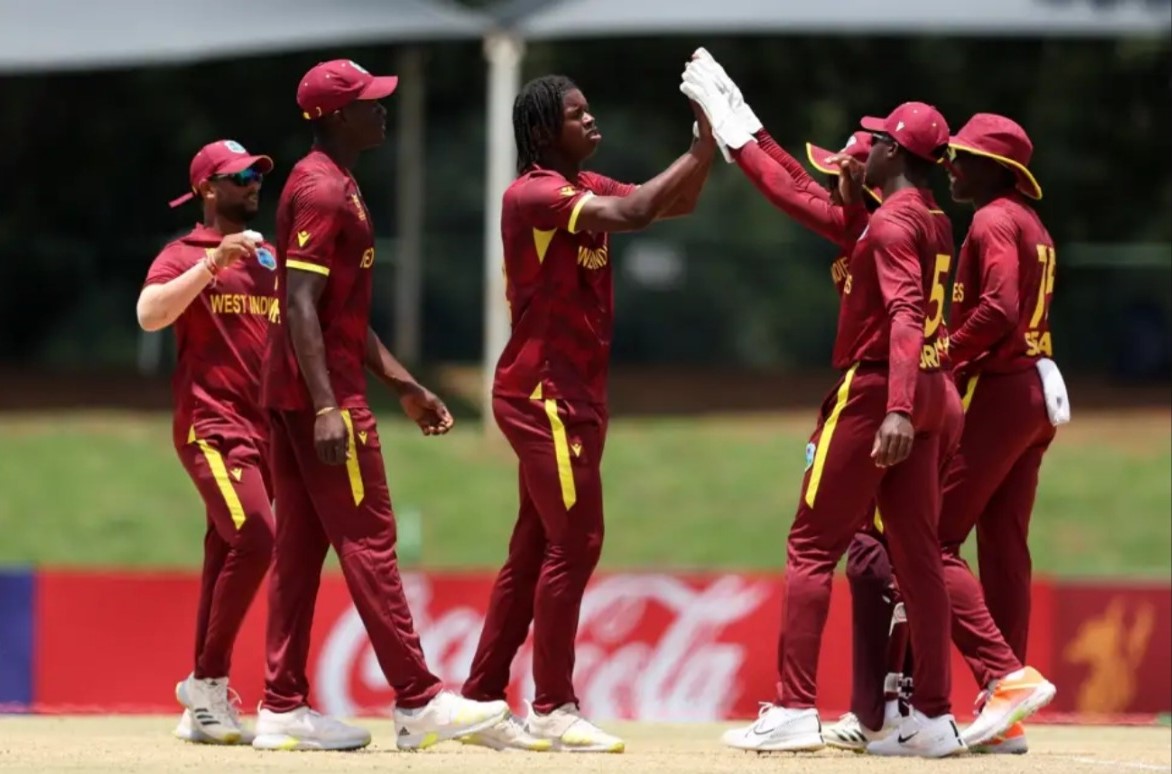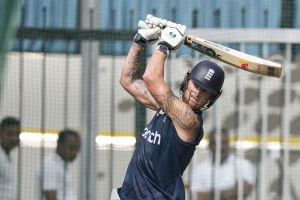In a groundbreaking development for West Indies cricket, Cricket West Indies (CWI) and the West Indies Players’ Association (WIPA) have inked a new four-year Memorandum of Understanding (MOU). This historic agreement signed inside the studios of Sportsmax Ltd on Thursday, solidifies their commitment to advancing gender pay equity within West Indies cricket, marking a significant step towards fostering an inclusive and progressive cricketing framework.
The MOU, spanning from October 1, 2023, to September 30, 2027, outlines comprehensive plans to achieve parity in international and regional match fees, international captain’s allowances, international team prize money, and regional individual prize money for all West Indies cricketers by October 1, 2027.
One of the major highlights of this strategic initiative is the alignment of performance grading criteria for international women's and regional men’s contracts with established standards for international men, creating a uniform evaluation process across domestic and international cricket from October 1, 2024.
Dr. Kishore Shallow, President of Cricket West Indies, expressed his enthusiasm about the landmark agreement, stating, "This is a historic day for West Indies cricket. As we overhaul the compensation structures and align performance grading, we are taking a significant step towards creating a more inclusive and progressive cricket framework. This step reflects our unwavering commitment to gender equality and acknowledges the immense contributions of female players to West Indies cricket."
President Shallow further emphasized, "In the preceding year, we undertook substantial enhancements to our travel policy, mandating that the West Indies Senior Women’s team travel business-class on all extended international flights and are accommodated in single rooms during international assignments. This aligns seamlessly with the established policy for West Indies Senior Men's tours. Today, with the signing of this MOU, we take another significant stride in narrowing the gender gap within our cricketing community."
Provisions of the MOU:
The MOU introduces compensation enhancement opportunities for both International and Regional Men, underlining CWI's commitment to acknowledging and rewarding excellence. Some of the key provisions include:
Increased Prize Money: Significantly increased team prize money throughout the system and new individual player rewards.
Match Fees: Full match fees for players in the starting XI and 80 percent for reserves, effective October 1, 2024.
Retainers for Overseas Tournaments: All retainers on hold once a NOC is issued for an overseas domestic franchise tournament, effective October 1, 2024.
Multi-Year Retainer Contracts: The potential for CWI and Franchises to award multi-year retainer contracts, up to 3 years.
Parity in Fees: Increased international and regional match fees and ICC Tournament fees for all women’s cricketers, to achieve parity by October 1, 2027.
Increased Men’s Match Fees: Increases for international and regional men’s match fees, effective October 1, 2023.
Performance Grading Alignment: Alignment of international women’s contracts and regional men’s contracts with the performance grading established for international men.
Family Support: Provision of a hospitality box and ground transportation for players’ families at all international home series matches.
Johnny Grave, Chief Executive Officer of Cricket West Indies, expressed pride in embarking on this journey towards gender pay equity, stating, "The significant increases for our female players demonstrate our dedication to rewarding excellence and promoting fairness in our cricketing community. The increases in prize money, greater rewards for our best-performing players, and higher match fees for players in the starting XIs are all strategic moves to place a greater emphasis on winning."
Wavell Hinds, President and CEO of the West Indies Players Association (WIPA), affirmed the historic nature of this moment, saying, "Without a doubt, this is a truly historic and exciting time for our membership as the MOU addresses most levels of our pay scale. As we operate within a very fluid cricketing landscape, we are duty-bound to conscientiously reward our regional and international players within the constraints of CWI's budget and agree on policies that will produce and promote world-class performances."
The MOU signifies a major milestone in West Indies cricket, reinforcing the region's commitment to building a cricketing landscape that is equitable, diverse, and inclusive.


